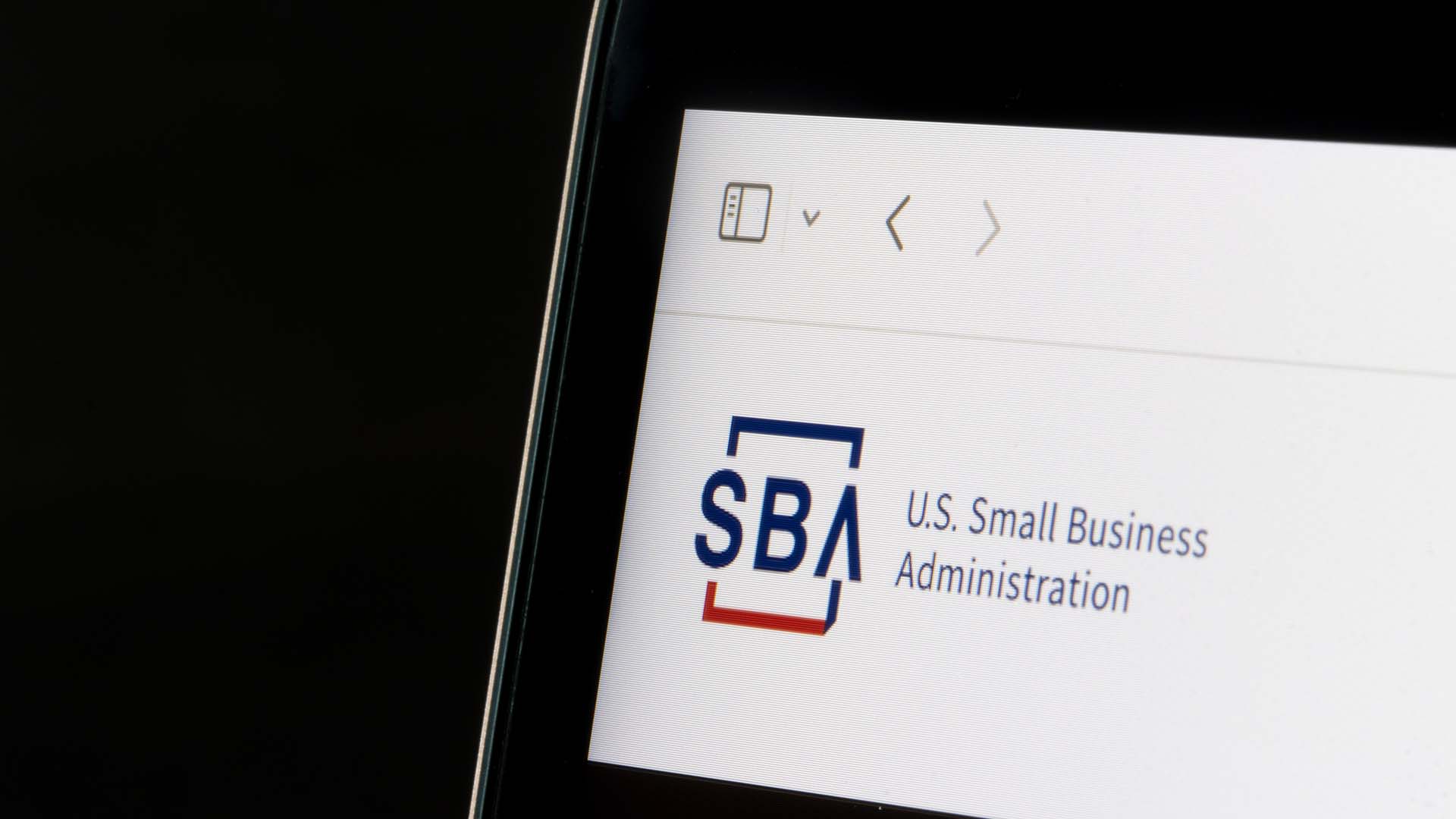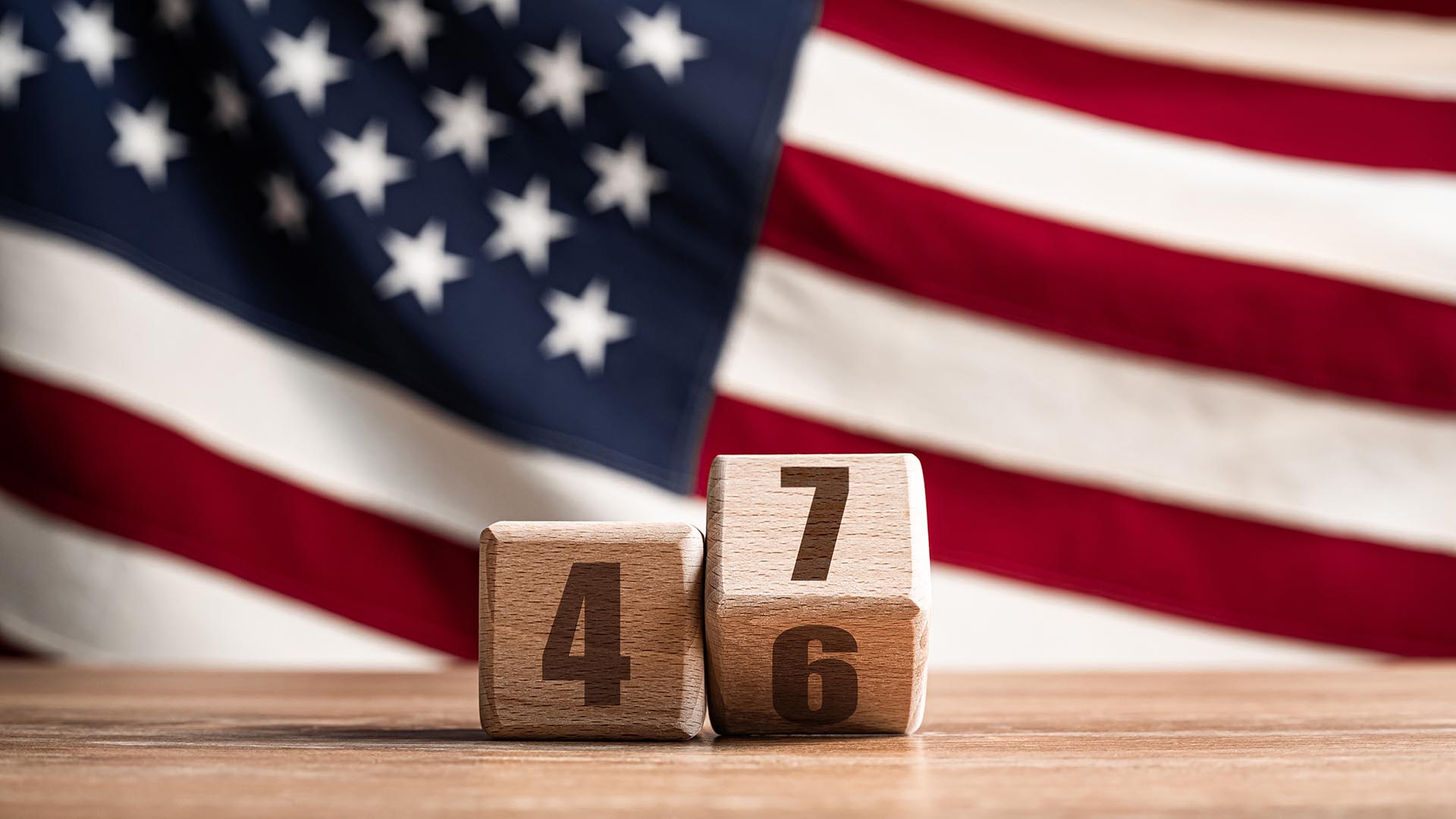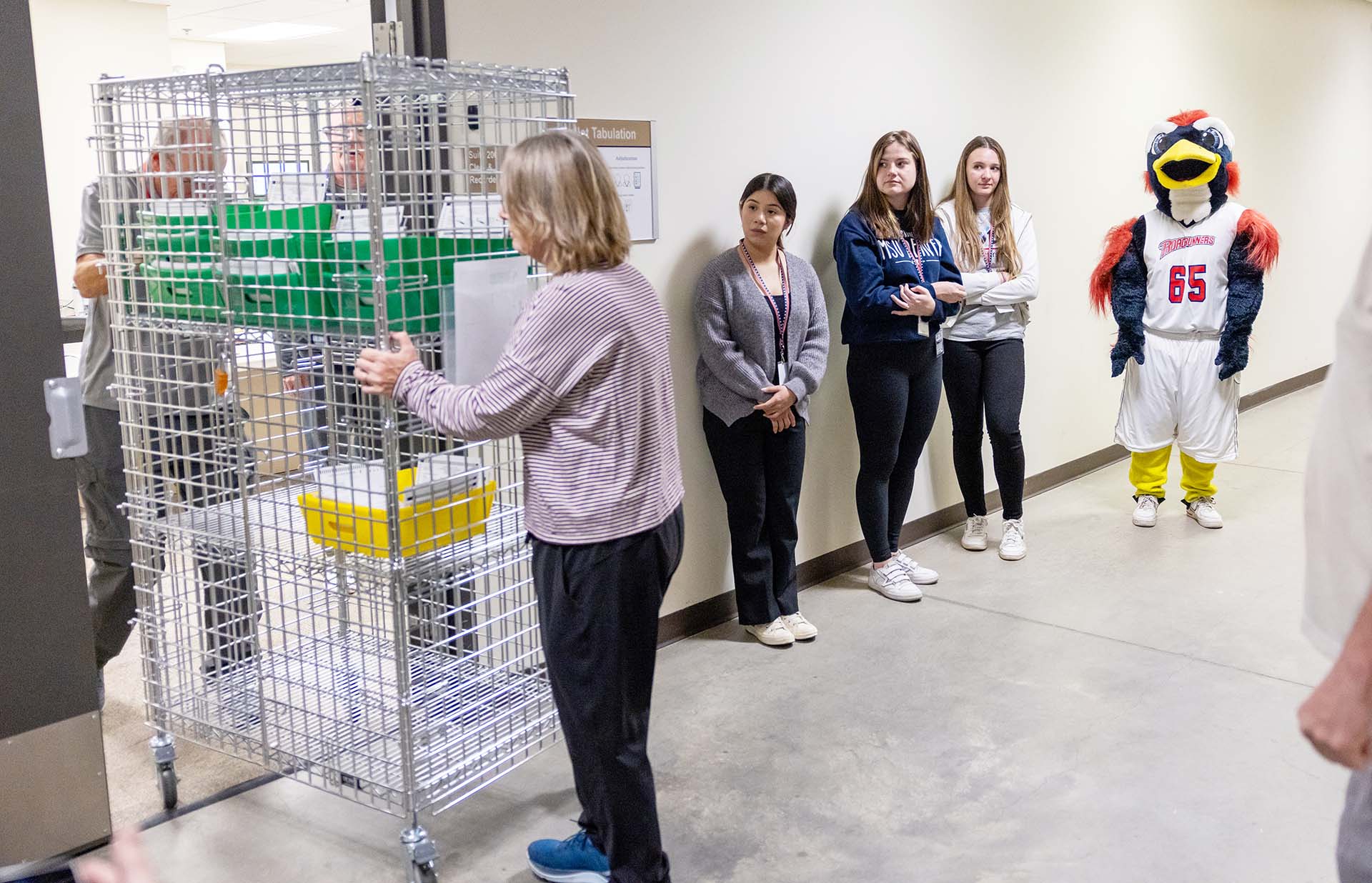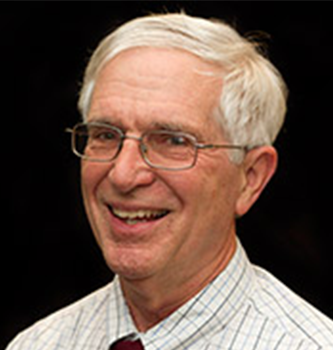Out of service?
A national commission weighs the future of service in America, including the role of women in the military and ways to inspire young people to give back.
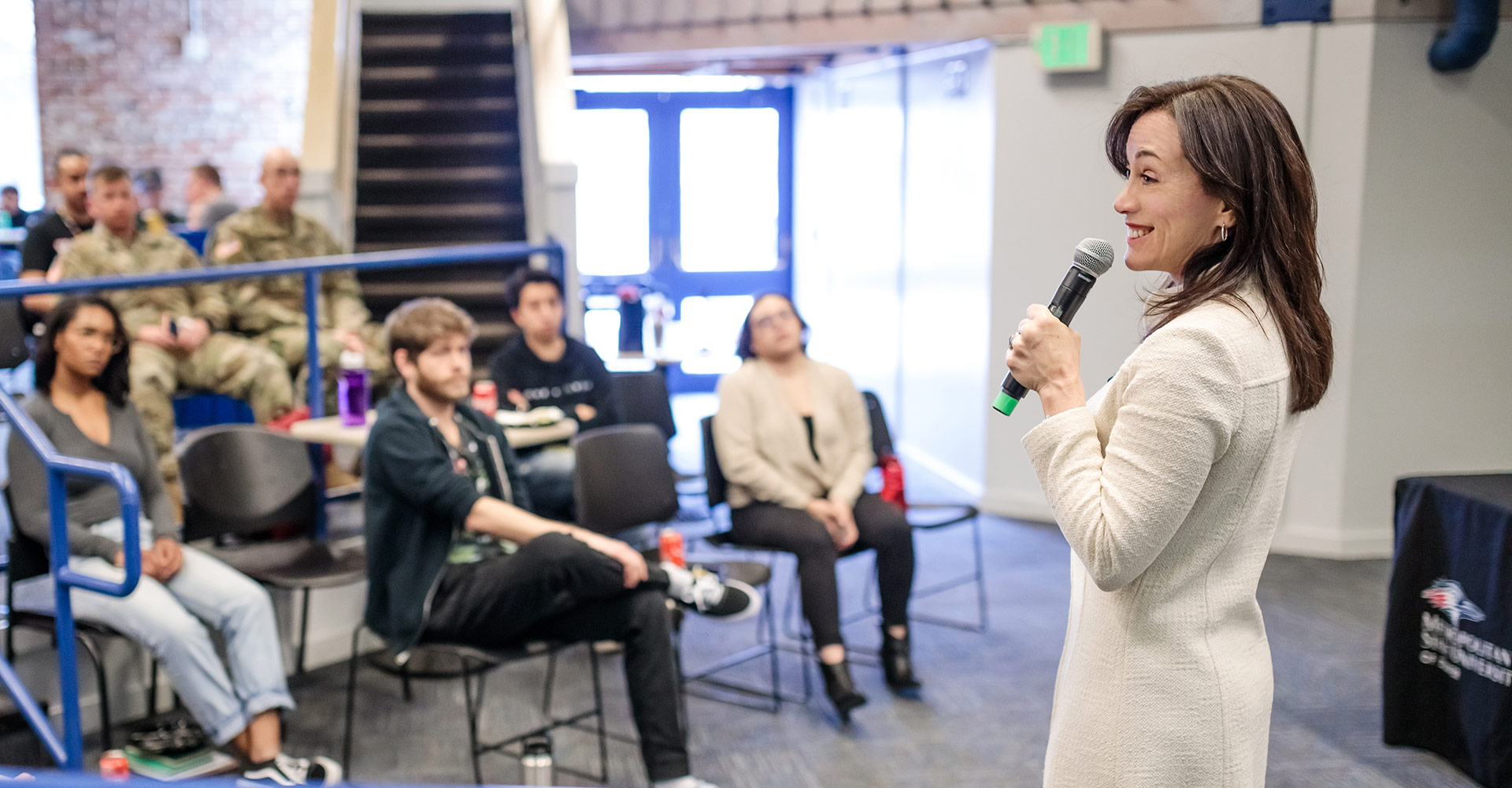
Should women be required to register for the Selective Service, the system that provides personnel when the U.S. enacts a military draft? Should the U.S. still have the Selective Service, when it has maintained an all-volunteer military for nearly a half-century?
The National Commission on Military, National, and Public Service will answer those questions and more Wednesday when it releases its final report, formally submitting recommendations to Congress about what the country’s emergency military intake should look like as well as ways to increase American participation in other forms of service such as volunteerism and government jobs.
Editor’s note, Wednesday, March 25: The commission released its final report, which includes 164 recommendations to Congress addressing civic education, the federal workforce, national service programs, military service and the Selective Service. The video below highlights many of their recommendations.
|
|
The commission was established in 2017 by the late Sen. John McCain (R-Arizona) and Sen. Jack Reed (D-Rhode Island), not long after the Pentagon formally declared that women can serve in combat positions in the military in December 2015. The 1981 Supreme Court case Rostker v. Goldberg ruled that requiring only men to register for the Selective Service is not unconstitutional because of the military’s combat restrictions for women, so the removal of all restrictions for women reignited the debate about the Selective Service.
That matter is even more urgent after U.S. District Judge Gray Miller ruled that an all-male military draft is unconstitutional in 2019, now that there are no combat restrictions on women.
“The nature of warfare has shifted so much – it’s no longer all about tanks on a battlefield. It’s all integrated into urban landscapes and counterinsurgency. The military has learned that it needs women because troops are engaging with the population and all these other roles,” said Janine Davidson, Ph.D., president of Metropolitan State University of Denver and a former undersecretary of the U.S. Navy. “So that raised a very important question: If women can serve in combat, should they not have to register for the Selective Service and be eligible for the draft?”
Davidson is one of 11 commissioners who spent the past three years holding public forums across the country and contemplating the future of various forms of service in this nation. The commission asked citizens how to make service more desirable, what barriers prevent people from serving or whether some form of service should be mandatory for young people.
Davidson says about 70% of men in the 18-25 age range required to register for the Selective Service wouldn’t qualify to serve in the military because of issues with physical fitness, tattoos, facial hair or criminal history. Meanwhile, national service programs such as AmeriCorps are underfunded, Davidson said, and most people can’t afford to spend a year serving their community full-time for less than minimum wage.
“The French political scientist Alexis de Tocqueville said one of the things that make America’s democracy so strong is that we’re ‘a nation of joiners.’ The question is whether we’re still doing that,” Davidson said. “We can’t inspire more Americans to serve if it’s too hard to serve.”

Appointed to the commission by former President Barack Obama, Davidson is no stranger to women making military history – she was the first woman to fly a tactical C-130 for the U.S. Air Force. She also has extensive public-service experience and was honored for her contributions with the Secretary of Defense Medal for Outstanding Public Service in 2012.
One of the themes of the final report will be calling more attention to the various opportunities to serve the country, Davidson said. Three-fourths of military jobs have nothing to do with combat, such as public affairs or mechanic work, while the government needs meteorologists, accountants, nutritionists and much more stateside.
“A lot of people don’t know much about public service or understand why we think it’s a good thing. One of the reasons is it makes your community stronger. It is the fabric of American society,” she said. “Civic education in America has really gone on the decline because everybody wants to amp up their STEM. They’ve taken other things out of the curriculum. Luckily at MSU Denver, we’re on top of that.”
The University’s Civic Engagement Program provides a number of community-oriented service opportunities, while the Classroom to Career (C2) Hub is working to provide more internships and job opportunities with the city and state governments. MSU Denver also serves close to 1,200 active military and veteran students.
Davidson spoke at a student forum on service in March, fielding questions in the Tivoli Student Union about the different scenarios the commission has considered. Devin Pearl, a political-science major who works for MSU Denver’s Veteran and Military Student Services, said the Selective Service should include everyone or no one.
“I don’t think it’s a gray area. Either we go for it and everyone has to sign up, or we shouldn’t have it at all. For everyone to have to serve, sort of like Israel or Switzerland, would be a huge cultural shift in our country,” he said.

Rita Case, director of Veteran and Military Student Services, said she is in favor of women registering for the Selective Service.
“Women are in full combat roles now, doing everything that men are doing in the military,” Case said. “If women had to register for the draft … due to our cultural gender norms, perhaps our congressmen and congresswomen would be more thoughtful about the instances of war we pursue.”

 National Commission on Military, National, and Public Service
National Commission on Military, National, and Public Service